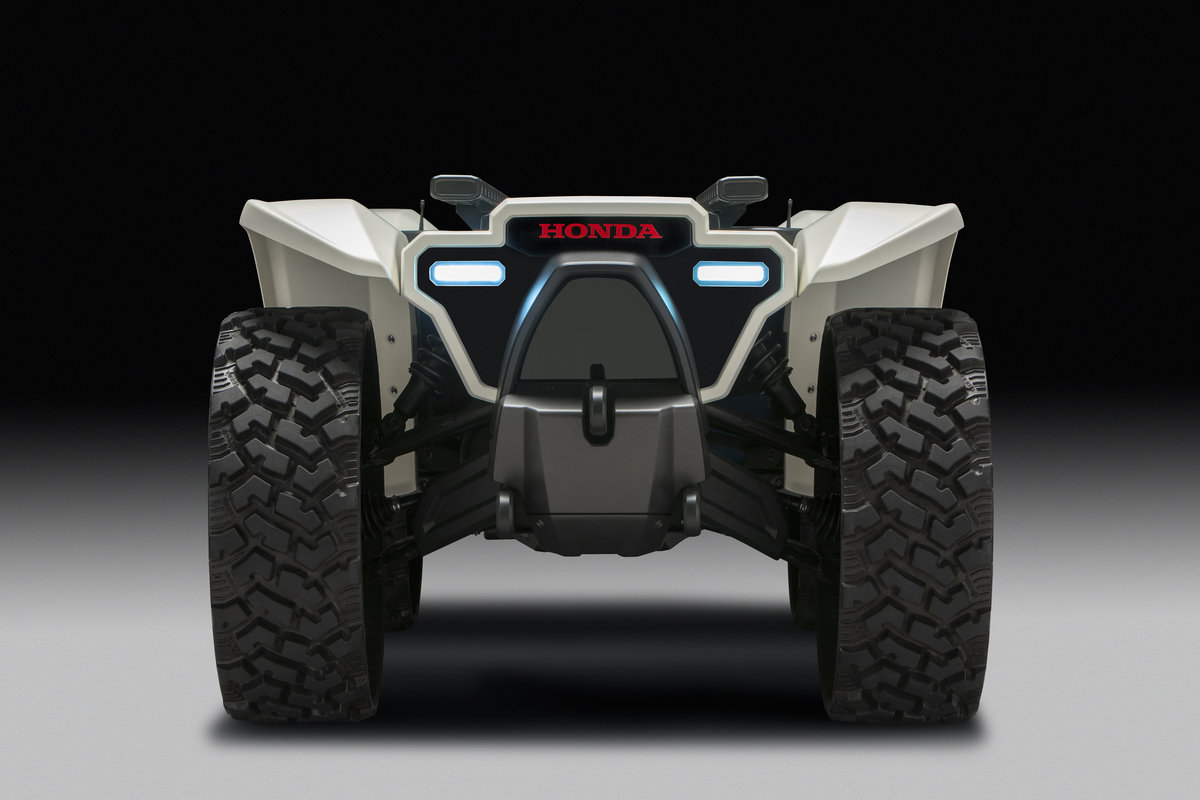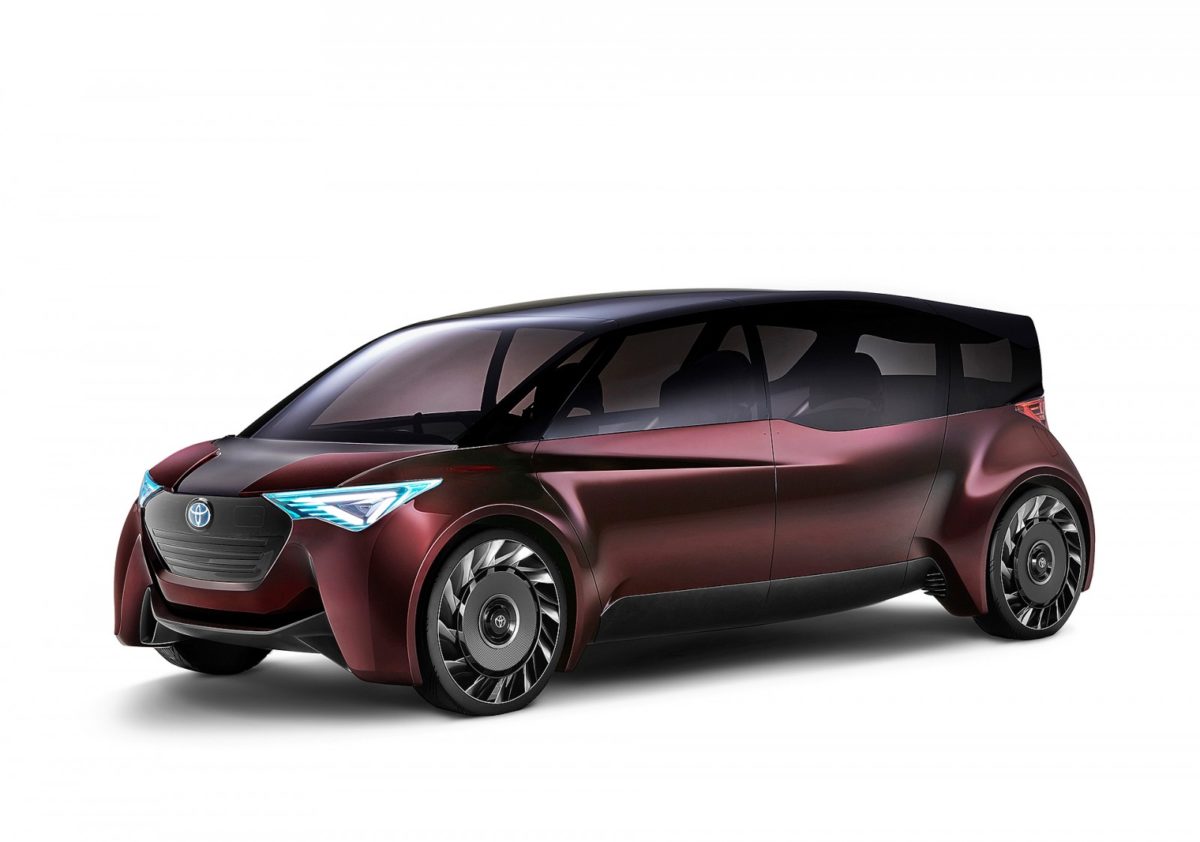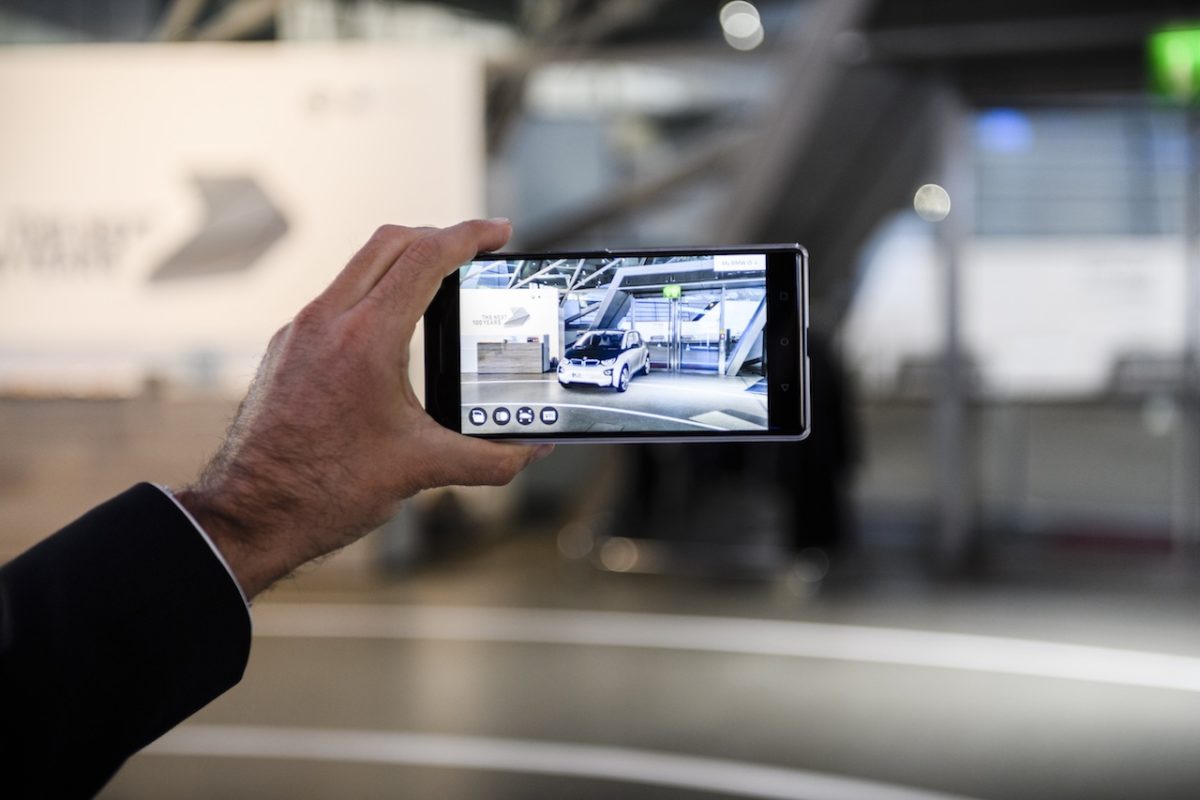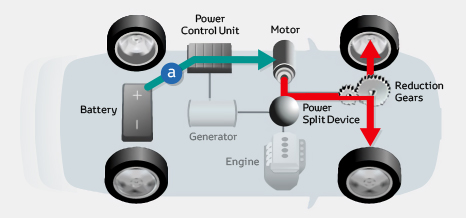Best car tech from CES 2018

CES is the biggest trade show of its kind in the world, with the spotlight on automotive innovation growing larger each year.
The annual Consumer Electronics Show (CES) is on right now in Las Vegas, highlighting the latest and greatest innovations in consumer gadgetry. In recent years, cars have taken up greater exhibition space as the lines between auto and tech become increasingly blurred — CES itself describes the event as “a turbocharged Detroit,” taking a small jab at the Motor City’s big show taking place immediately after. Have a peek at some of the top reveals from 2018.

Toyota e-Palette Concept
This self-driving battery electric concept vehicle is designed as a customizable, and scalable, mobile solution for businesses. Indeed, Toyota has already announced partnerships with the likes of Amazon, Mazda, Uber and Pizza Hut (think autonomous pizza baking and delivery). The e-Palette will be open source so partner companies can implement their own driving systems tailored to specific needs. Real world testing is planned for 2020.

Honda 3E-D18
Focusing on robotics and artificial intelligence at this year’s CES, Honda showed off the 3E-D18, an autonomous AI-enabled off-road device designed to support people in a broad range of work activities. The product of Honda R&D Americas, the 3E-D18 is powered by an electric drivetrain and is modular, meaning it can be outfitted with a variety of attachments to make tasks like search and rescue, fire fighting and agriculture safer and more efficient.

Lexus LS 600hL Platform 3.0
Although the above long wheelbase hybrid LS doesn’t necessarily look like the newest automated driving research vehicle produced by the Toyota Research Institute, dubbed Platform 3.0, that’s kind of the point. One of the goals of the project was to engage “intelligent minimalism,” eliminating the unattractive bolt-on equipment commonly seen on such test cars. The sensors and cameras have all been hidden as much as possible, for example some being relocated into available space in the sunroof compartment.

Despite the streamlined appearance, the advanced sedan features long-range 200-metre perception in 360 degrees.









